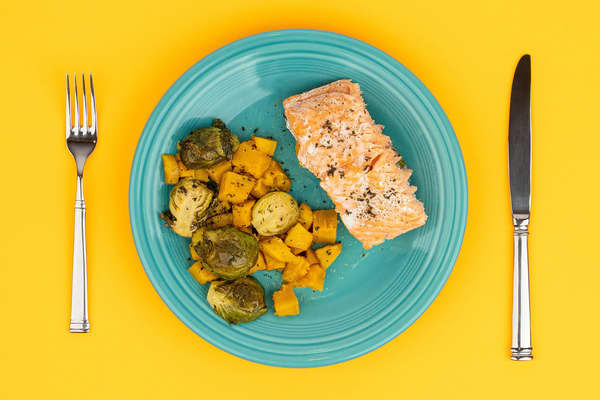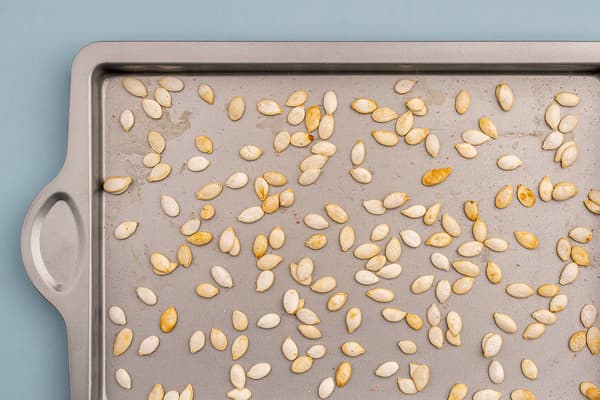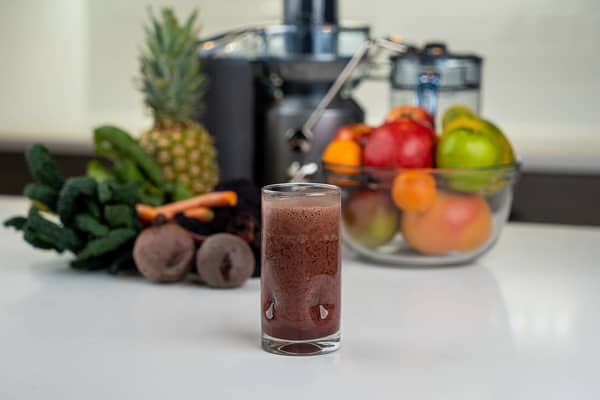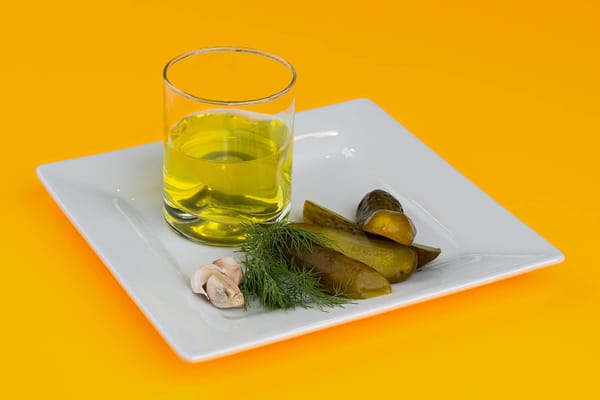What Is A Plant-Based Diet—And Is It Right for Me?
Nutrition
A registered dietitian identifies all of the different eating patterns that fall under a plant-based diet.

The term "plant-based diet" is broad and encompasses many different ways of eating.
Imagine a drop-down menu with specific diets, including vegan, vegetarian, pescatarian and omnivore underneath the heading of plant-based—all of these dietary patterns or lifestyles would fall underneath the plant-based category. In fact, there isn't one rigid definition for plant-based diets. At its most basic level, a plant-based diet is exactly what it sounds like: a diet consisting of mostly plant foods (fruits, vegetables, nuts, seeds, grains and legumes) and little amounts of animal products.
What is a plant-based diet?
1.Vegan
A vegan diet is one that excludes all animal products. Meat, seafood and dairy are off the table and—for some vegans—even honey. When following a vegan diet, you are eating 100-percent plant-based foods, with all of your nutritional needs sourced from plant-based foods.
2.Vegetarian
Someone who is following a vegetarian lifestyle can eat eggs and dairy products, or one of the two depending on their preference.
3.Pescatarian
Similar to the vegetarian diet, a pescatarian diet also allows for dairy and/or eggs, in addition to seafood.
4.Omnivore
The most flexible of all of the plant-based diets is the omnivore diet, which includes meat, seafood, possibly dairy, and plants. Now, you're probably thinking, how is an omnivore diet considered plant-based? Because there are no formal criteria for a plant-based diet, it can really be anything you define it to be—but most of the time, it means a diet composed of mostly plants and some animal proteins. The authors of a research article, from a 2021 issue of the European Journal of Clinical Nutrition, discussed the ambiguity of the term plant-based diet and urged the scientific community to find a more clearly defined definition.
(Related: Dietitian-Approved, High-Protein Snacks To Eat After a Workout)
Are plant-based diets healthy?
But just because some foods are branded as plant-based doesn't necessarily imply they're healthy. For example, French fries, dairy-free ice cream, vegetable crisps and meat substitutes—all of these items may be free of animal products but they are not necessarily going to benefit your athletic performance, let alone your overall health. In general, the plant-based diets that are most beneficial to your health are the ones that are primarily rich in whole foods (fruits, vegetables, grains, beans, seeds and nuts) and contain minimal amounts of ultra-processed foods. For example, though fake meats may be "plant based" and might be better for the environment, they may not be better for you. Many fake meat products are high in sodium and contain unwanted preservatives and additives. In short: it's possible to follow a plant-based diet that's not rich in nutritional value.
There is mounting evidence that a diet rich in plants—and low in processed foods, overly processed meats and meat high in saturated fat (most red meat) and antibiotics (most farm-raised beef and poultry)—is beneficial for overall health and well-being. Research has looked at the associations of following a vegan, vegetarian or low-meat diet and the risk of cancer, heart disease and other chronic diseases, and discovered that those who follow plant-based diets often have a lower risk of long-term illness. But the question remains: is a plant-based diet a suitable option for a seasoned athlete or exercise enthusiast? How about those who are new to exercise?
Are there notable benefits to following a plant-based diet?
Although many professional athletes and experts in the exercise space speak highly of following a plant-based diet for performance, there isn't a lot of scientific evidence to support—or refute—the benefits of primarily fuelling with plants. A review published in a 2021 issue of the journal Nutrients looked at the impact of vegan and vegetarian diets on physical performance. The review examined different studies that looked at the impact differing diets had on exercise outcomes such as muscle strength, oxygen consumption and power output. Though some studies showed benefits to following vegetarian or vegan diets, others showed no difference in outcomes, compared to those who didn't follow vegetarian or vegan diets.
For seasoned gym-goers or athletes, following a plant-based diet might be beneficial, especially if you're someone who prefers cardio-based workouts (think running, cycling or swimming). That's because most plant-based diets depend on complex starches, such as legumes and wholegrains, which are also rich in protein. Complex carbohydrates are important to fuel with, as that's what will help you get through a gruelling cardio workout. They're also necessary to restore glycogen (carbohydrates that are stored in the muscles to be used for energy later). For individuals who are more engaged in strength-training workouts, it may be more challenging to achieve both your goals and optimal recovery if you're following a strict plant-based diet. This is especially the case for vegans, as their overall protein intake tends to be lower and optimal protein intake is critical for this form of exercise.
If you're a newbie to exercise, choosing to follow a plant-based diet or not may depend more on personal preferences—as well as your lifestyle—than on the nutritional implications of the diet. Settling into a new exercise routine can take time and often requires sacrificing time spent in other areas of your life (though not always!). In order to fuel yourself properly (consuming adequate amounts of protein, fibre and other nutrients), cooking and preparing meals at home is important. If cooking interferes with a new training plan, it might be worthwhile keeping your current diet and transitioning to a more plant-heavy one once your new exercise habits are cemented.
The bottom line: there are many ways to follow a plant-based diet. The question of how strict you want to make your diet depends on your lifestyle, exercise routine and desired goals. A vegan and vegetarian diet can be just as beneficial to performance as an omnivore one, but the effort needs to be spent cooking and preparing healthful foods to fuel your body. Eating meals that are largely made up of plant foods with some animal proteins can also be considered plant-based, and may be easier to follow.
Words by Sydney Greene, MS, RDN.





